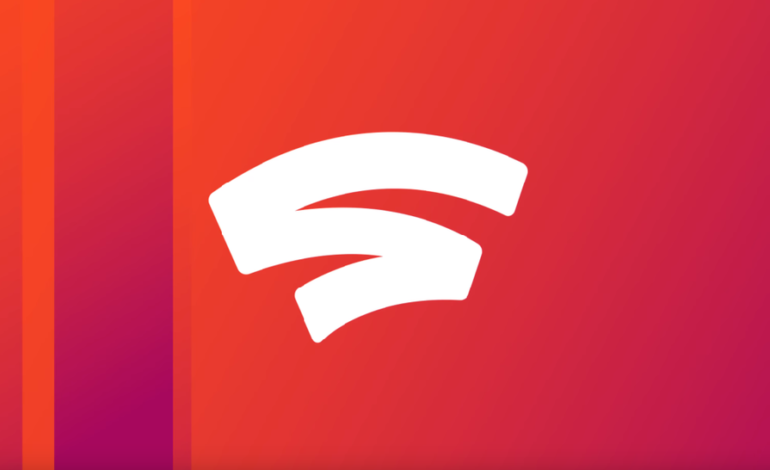

Google’s new technology-pushing video game cloud streaming service is set to launch on November 19th for those who opted for the Founder’s Edition, with a starting lineup of twelve titles. With the launch date fast approaching, at least one developer has been open about sharing concerns about Google’s history of cancelling projects that underperform after a few months or years.
The puzzle game Kine is one of Google Stadia’s launch titles, and Kine developer Gwen Frey shared some insight at PAX West on working with both Google and the Epic Games Store to distribute the game, recently published by GamesInustry.biz. Kine is also available digitally on several digital platforms.
“The biggest complaint most developers have with Stadia is the fear that Google is just going to cancel it,” Frey told GamesIndustry.biz. “Nobody ever says, ‘Oh, it’s not going to work,’ or ‘Streaming isn’t the future.’ Everyone accepts that streaming is pretty much inevitable. The biggest concern with Stadia is that it might not exist.”
Despite sharing the view that there is a chance for Google to decide to sunset Stadia in the future, Frey still thinks that letting those concerns get in the way of partnering with Stadia is “kind of silly.” “Working in tech, you have to be willing to make bold moves and try things that could fail,” Frey explained. “And yeah, Google’s canceled a lot of projects. But I also have a Pixel in my pocket, I’m using Google Maps to get around. I only got here because my Google Calendar told me to get here by giving me a prompt in Gmail. It’s not like Google cancels eery fucking thing they make.”
Google has shared similar sentiments in the past responding to concerns that Stadia might not be in it for the long haul. Stadia’s Director of Product Andrey Doronichev spoke to Ars Technica in July of this year and stressed that Google’s commitment to Stadia is on par with its commitment to its most ubiquitous services, including Gmail and Google Docs. “Nothing in life is certain, but we’re committed to making Stadia a success…. Of course, it’s OK to doubt my words. There’s nothing I can say now to make you believe if you don’t. But what we can do is launch the service and continue investing in it for years to come.”
The worry that Stadia won’t see a long lifecycle is important to consumers as well, as Stadia will require users of the streaming service to pay for the majority of titles, not rent them like a video game version of Netflix. According to Jack Buser, Google’s Director of Games, Stadia “will sell these games like any other digital storefront.” Being cloud content only, there’s no guarantee that these investments will still be playable should Google terminate the Stadia service.
Frey also told Gamesindustry.biz that she feels Google’s Stadia strategy is limited, only “pushing Stadia in a direction to compete with consoles,” referring to Stadia ports of console games that might not be taking advantage of the Stadia-exclusive power of their cloud data centers. Grid on Google Stadia uses this resource to enable a 40-player mode that is “not possible” on other platforms.
Frey also feels that Stadia is focused on “territories where there are a lot of consoles and where the internet is very good, so in the short-term I think it won’t reach its full potential. I don’t even think they want to have a super-strong launch. I get the sense that they want to scale slowly and see where this goes.”
Google Stadia launches on November 19th, with “weekly updates” planned that will add features and more playable titles.
Play games, take surveys and take advantage of special offers to help support mxdwn.
Every dollar helps keep the content you love coming every single day.
